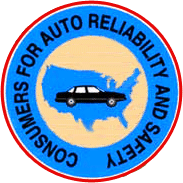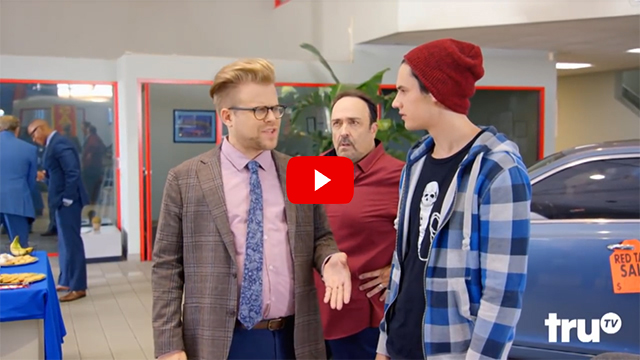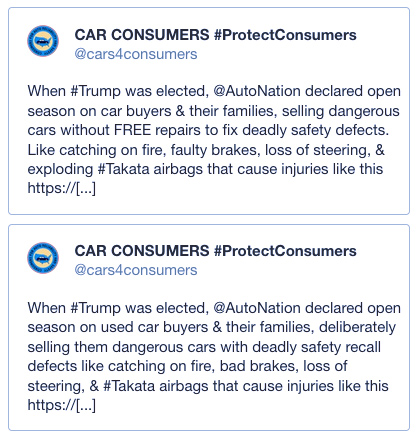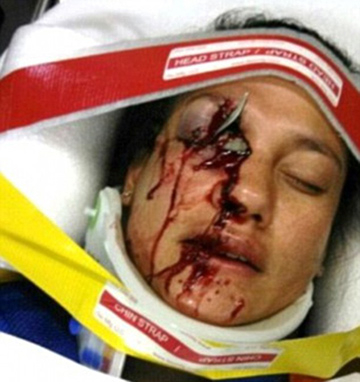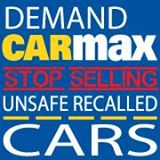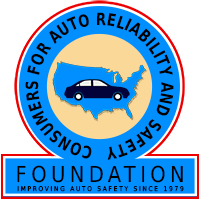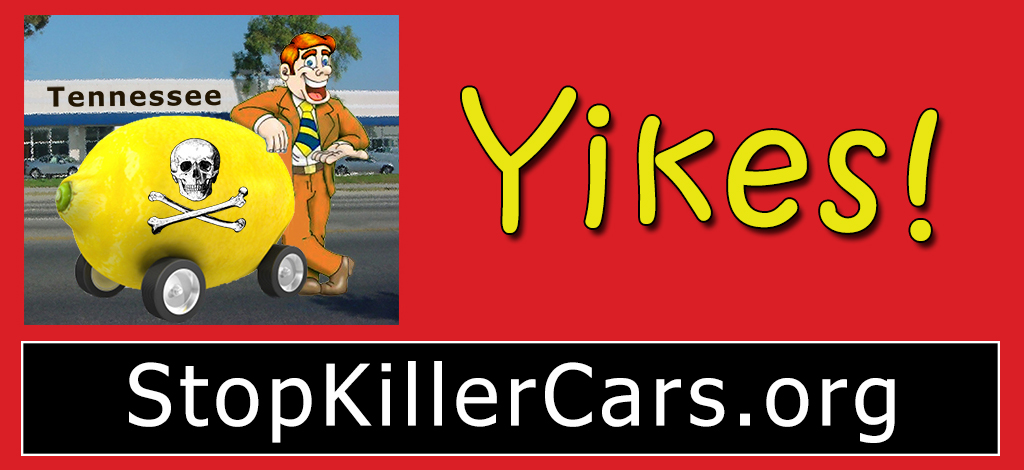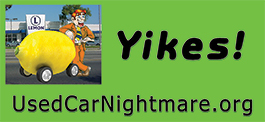Before you Decide to Buy a New Car,
There's Something You Should Know.
Why do new cars cost so much? A major factor: car dealers have a monopoly on new car sales. How do they get away with it, in a country that prizes "free market" capitalism? Adam explains, in his wildly popular, creative, and unique way:
Bottom line: Usually, a good, reliable used car is a better deal, financially speaking. That's because the cars already depreciated significantly, as soon as the original owners drove them off the car lot.
But newer cars may have important new safety features, or offer other new technology that is worth paying extra. If you really want to buy a new car, here are some pointers (below) from Jerry Hirsch, auto reporter for the Los Angeles Times.
A step-by-step guide to how to get the best deal on a new car
Los Angeles Times
July 12, 2014
by Jerry Hirsch
"Can you afford to give away $5,000?
That's the difference between what savvy and not-so-savvy buyers recently paid for the exact same Nissan Altima in Southern California.
Those who paid too much, up to $25,800 for the popular family sedan, probably bought their cars the old-fashioned way: by walking into a dealership blind, with no research, and buying the car after a brief test-drive. (They may have also cost themselves thousands more in unnecessary warranties, service plans or accessories.)
Those who got a killer deal, as low as $20,600, probably came armed with knowledge about the car's real market value, then followed a systematic process to negotiate the price - over email, instead of in a glass cubicle at the dealership....
Time to go shopping
Know what you want.
Are five seat belts enough, or do you need space for seven passengers? Do you want fuel economy or cargo room? Basic transportation, or speed and sex appeal?
Manufacturer's websites, with their digital car-building tools, can help you pinpoint the trim level and options you need.
To answer such vexing questions, start with five must-see websites....
(Read more:
Los Angeles Times: "Step-by-Step Guide to How to Get the Best Deal on a New Car")
Go for a drive
Take your list to an auto mall, where you can test drive cars from multiple brands. Leave your checkbook at home.
Research prices
Once you know what you want, find out what you want to pay. Start at TrueCar.com, which provides more useful data for negotiating a deal than rivals Edmunds.com and Kelley Blue Book's KBB.com.
Make dealers bid
Now you know what you want to pay, but it's still not time to head to the dealership. You'll have a lot more success - and less hassle - negotiating from the comfort of your home computer.
Say no to add-ons
Once you have a confirmed price, call the dealership's general manager and make sure that they have the car and that there will be no changes in options, price or fees.
Take delivery
After all is buttoned down, give the dealer the information it needs for the contract and ask that you be called after it is completely filled out, with the exception of your signature. When the dealer calls, once again confirm the price.
Make an appointment to sign the paperwork and pick up the car. Better yet, ask if the dealer will deliver it to your house. For handling a trade-in, see our accompanying story."
Read more:
Los Angeles Times: "Step-by-Step Guide to How to Get the Best Deal on a New Car"
If you must trade in your car, here's how to get the most for it
Los Angeles Times
July 12, 2014
by Jerry Hirsch
"The best advice about trading in your car is to avoid it.
You'll always get more money selling it on your own, sometimes thousands more.
A quick tour of Kelley Blue Book's KBB.com used-car valuation service shows you why. Take a 2010 Honda Accord EX sedan in "very good" condition with 50,000 miles on the odometer and see what it is worth.
Kelley says that the trade-in value is $13,054 and that it would sell to a private party for $14,549. That's a $1,500 difference, but the gap could be bigger because many dealers don't offer the full Kelley Blue Book trade-in value. They try to buy at low wholesale and sell at the top retail price.
Trading in a car also complicates the purchase of a new car, giving the dealer an opening to inject more profit into the deal by low-balling your car. It's also much easier for a buyer to negotiate one transaction - a car purchase - rather than adding a second transaction into the deal....
...if you're going to trade in your car, take some basic steps to ensure you get a fair deal.
First, nail down the price for your new car before discussing the price for your trade."
Read more:
"Los Angeles Times: How to get the most for your car if you must trade it in"
